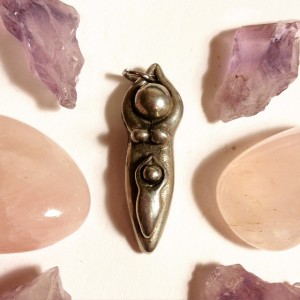 I received notice of a new article published in the Journal of Psychosomatic Obstetrics & Gynecology looking at the types of distress experienced by postpartum women and the type of support available. It indicates that current classification of “postpartum depression” and other postpartum mood disorders are inadequate to convey the range of women’s experiences, nor do they properly account for the role of support in their lives.
I received notice of a new article published in the Journal of Psychosomatic Obstetrics & Gynecology looking at the types of distress experienced by postpartum women and the type of support available. It indicates that current classification of “postpartum depression” and other postpartum mood disorders are inadequate to convey the range of women’s experiences, nor do they properly account for the role of support in their lives.
Before I share the article, I wanted to note something I’ve done recently to support postpartum health. I donated to the fundraising effort to buy a permanent location for WomanSpace, the local community center devoted to supporting women. It is spearheaded by Summer Birth Services, an organization offering birth, postpartum, and breastfeeding support to Rolla area mothers. We can’t undervalue the importance of organizations like this! WomanSpace offers meeting space for groups, classes, and workshops for a wide range of purposes for all ages, stages, and phases of a woman’s life.
For women in any community, you might want to check out a free virtual retreat for women (unaffiliated with any of the above): Nurturing You.
Postnatal mental health: Are women getting the support they need?
“I really did not feel like I fitted the box.” New research indicates the need for postnatal support that encompasses all mental health issues, not only postnatal depression.
The study, published in Journal of Psychosomatic Obstetrics & Gynecology, examines the postnatal symptoms of distress experienced by women, and the support options they were offered. Rose Coates et al. argue that “Current classification and assessment of postnatal mental health problems may not adequately address the range or combination of emotional distress experienced by mothers.” To understand women’s own experiences, the team interviewed 17 women, all of whom had a child under one and had experienced a postnatal mental health problem.
Through the interviews, the women reported a number of different postnatal mental health symptoms, with tearfulness and anxiousness the most frequently mentioned. In addition a number of women each reported feeling: stressed, isolated, lonely, angry, low, panicky, frustrated, worried, scared and overthinking. Despite these symptoms of postnatal distress, the women found that they didn’t identify with postnatal depression, and many of them were left “bereft of information, advice and support” about other types of distress. The paper notes that “there was a perception that health professionals were focussed on postnatal depression and once it had been ruled out there was no further investigation.”
At the time of their distress some of the women had been assessed for postnatal depression by health care professionals through answering a questionnaire. This paper questions whether this alone is really sufficient to identify distress, and suggests that alternative methods of assessment would be conducive to identifying and supporting women with a number of different postnatal mental health issues. The authors conclude that “Identification and recognition of symptoms and disorders beyond postnatal depression needs to be improved, through evaluating different approaches to assessment and their acceptability to women.”
—
Post provided by Taylor and Francis Group.